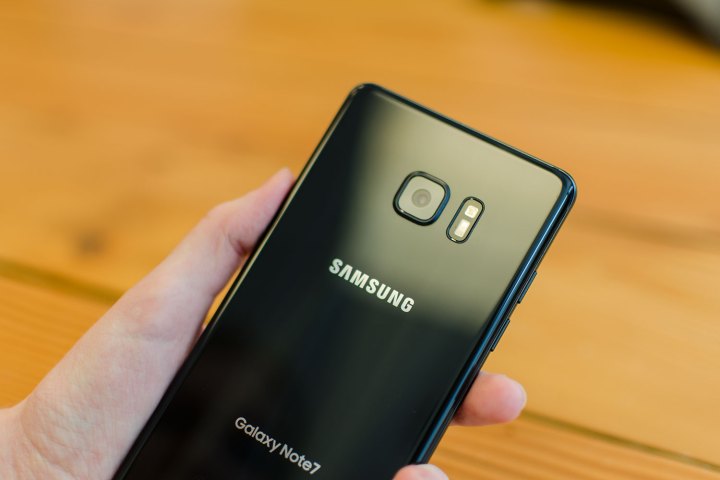
Samsung is apparently pursuing a longstanding desire to develop a GPU in-house for use with its mobile processors. The company is in talks with both AMD and Nvidia with a view to licensing its GPU technologies, according to a report from Sam Mobile.
As far back as 2014, there were rumors that Samsung had hired engineers from companies like AMD, Nvidia, and Intel in order to accelerate its plan for internal GPU development. At one point, it was expected that the firm would be able to implement its Exynos chipset with a proprietary GPU for the Galaxy Note 5 — but this never came to pass.
At present, Samsung uses the Mali series of GPUs developed by ARM for its Exynos chipsets. However, based on these talks with AMD and Nvidia, it seems that the current arrangement may come to an end sooner rather than later.
Shifting to internal development of GPUs would allow Samsung to cut costs accrued outsourcing the components, even allowing for the licensing fees that would need to be paid to whichever company’s tech is being used. It remains to be seen whether the end goal is simply larger profit margins, or the ability to undercut the pricing of its rivals.
Given that the company is still in talks with AMD and Nvidia, the situation is still very fluid. However, this weekend’s reporting indicates that Nvidia is currently the front-runner thanks to the strength of its Pascal architecture.



